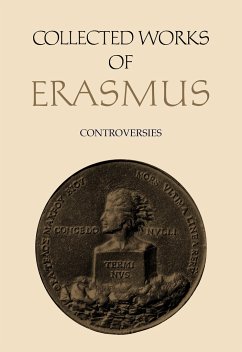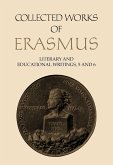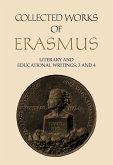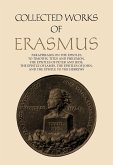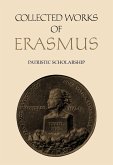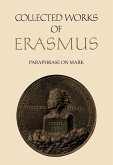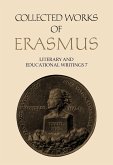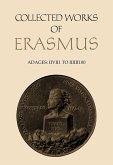Volumes 71-84 of the CWE contain Erasmus' controversies with a large number of critics on a host of issues, most of the main ones theological. Erasmus' Latin translation of the New Testament, a revised version of the Vulgate bible with copious annotations, which was published by Froben in 1516, initiated the arguments, attacks, and vilifications that plagued him for the last twenty years of his life. This volume, the first of the Controversies volumes to be published, centres on Erasmus' disputes with the conservative Catholic critics at the University of Louvain. Some of the principal controversies featured in this volume concern Erasmus' interpretation of Scripture and his editorial decisions about biblical annotations, his views on key matters such as marriage, celibacy, and the dissolute lives of the monks, and later on, his position vis-+-vis Luther. Professor Sowards, whose introductory essay on Erasmus and education in CWE 25 has become an indispensable guide on that subject, provides in this volume another important essay that sets the scene for the translations that follow. Volume 71 of the Collected Works of Erasmus series.
Hinweis: Dieser Artikel kann nur an eine deutsche Lieferadresse ausgeliefert werden.
Hinweis: Dieser Artikel kann nur an eine deutsche Lieferadresse ausgeliefert werden.

